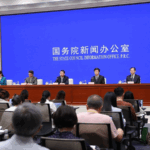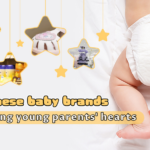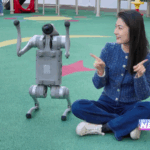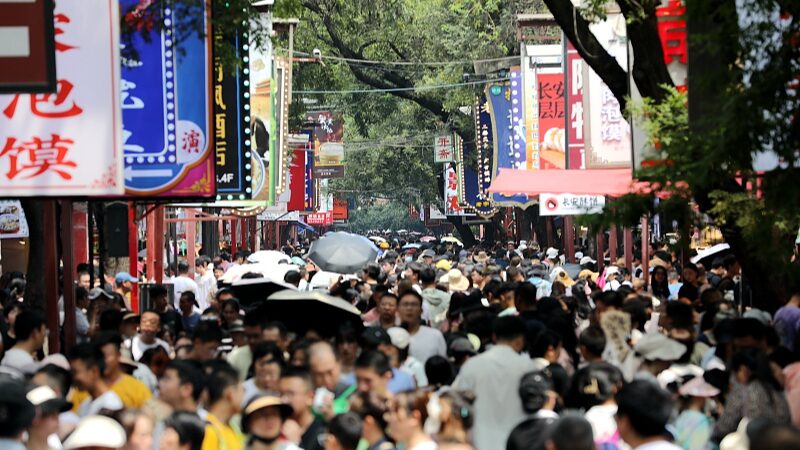Children's laughter echoes through indoor amusement parks in Shanghai malls as parents browse themed stores selling educational toys. Family suites at Hangzhou hotels sell out months in advance, while Beijing restaurants revamp menus with nutritionist-approved kids' meals. China's urban centers are undergoing a retail revolution propelled by the soaring parent-child economy – now projected to surpass $685 billion by 2025.
The National Bureau of Statistics reports over 240 million children aged 0-15 form the foundation of this market surge. With the three-child policy encouraging larger families and young parents prioritizing experiential spending, businesses are racing to capitalize on what analysts call 'the golden era of family-oriented consumption.'
'Our generation wants parenting to be about creating memories, not just buying necessities,' says Xia Ye, a 32-year-old Shanghai accountant planning her family's third cultural trip this year. Like many millennial parents, Xia balances career demands with carefully curated family experiences – a trend driving demand for educational theme parks and interactive museums.
Travel emerges as the crown jewel of this consumption wave. During the upcoming May Day holiday, destinations like Wuxi's Three Kingdoms Theme Park anticipate record attendance. Families increasingly view vacations as hybrid education-leisure investments, with some children as young as five having international travel experience.
Market analysts note this trend extends beyond tourism: 'From augmented reality shopping experiences to STEM-focused toys, every sector is adapting,' says retail expert Li Wei. 'The new generation of parents values quality over quantity, forcing businesses to innovate.' As urban China reimagines family life through this economic lens, the parent-child sector shows no signs of slowing its transformative impact on consumer markets.
Reference(s):
Parent-child consumption emerges as a key growth driver in China
cgtn.com








